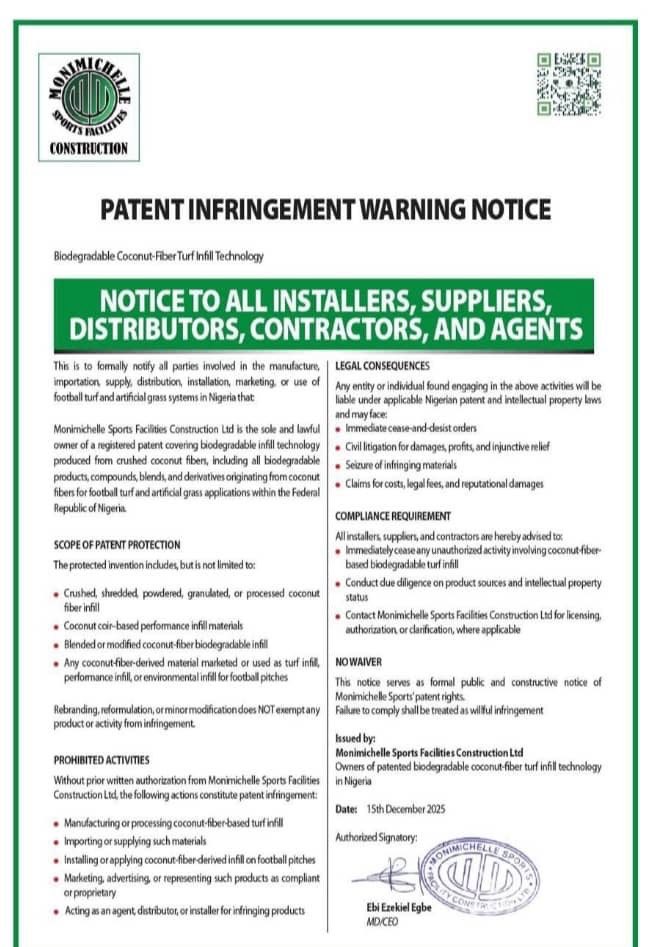Petrol Subsidy Removal Saves 5% of GDP... FG


The Federal Government has stated that the removal of the petrol subsidy by President Bola Tinubu on May 29, 2023, has helped reclaim approximately 5% of Nigeria’s Gross Domestic Product (GDP) that was previously lost to inefficiencies and wastages.
The Minister of Finance and Coordinating Minister for the Economy, Mr. Wale Edun, made this disclosure during a courtesy visit by Carlos Conde, Head of the Middle East and Africa Division at the Organisation for Economic Co-operation and Development (OECD).
For decades, the Nigerian government subsidized petrol, allowing it to be sold below production and importation costs. However, this system led to financial inefficiencies, revenue leakages, and economic distortions. President Tinubu’s decision to remove the subsidy was part of broader economic stabilization efforts aimed at ensuring sustainable growth.
According to Mr. Edun, the subsidy removal and the introduction of a market-driven pricing system have set the foundation for increased foreign direct investment (FDI) and a more robust economy. These reforms, he noted, have been instrumental in stabilizing the nation’s economy despite initial inflationary pressures.
During the meeting with OECD officials, discussions focused on Nigeria’s economic development priorities, including:
• Capital market development
• Regional economic integration
• Curbing illicit financial flows
• Sustainable finance and investment in human capital
The Minister emphasized that the reforms introduced by President Tinubu’s administration—including foreign exchange liberalization and subsidy removal—are designed to attract more international investments and create a stronger financial framework for the country.
The Federal Ministry of Finance also announced a strategic alliance with the OECD to combat illicit financial flows and reinforce Nigeria’s economic growth framework. This partnership aligns with the OECD’s increasing engagement in Africa, particularly through collaborations with the African Union, regional economic blocs, and country-level initiatives.
The agreement recognizes Nigeria as a key economic player in West Africa and highlights the country’s commitment to economic transformation, transparency, and global economic integration.
With these policy shifts and international partnerships, Nigeria is positioning itself for long-term economic resilience, investment growth, and sustainable development.


Write a Comment